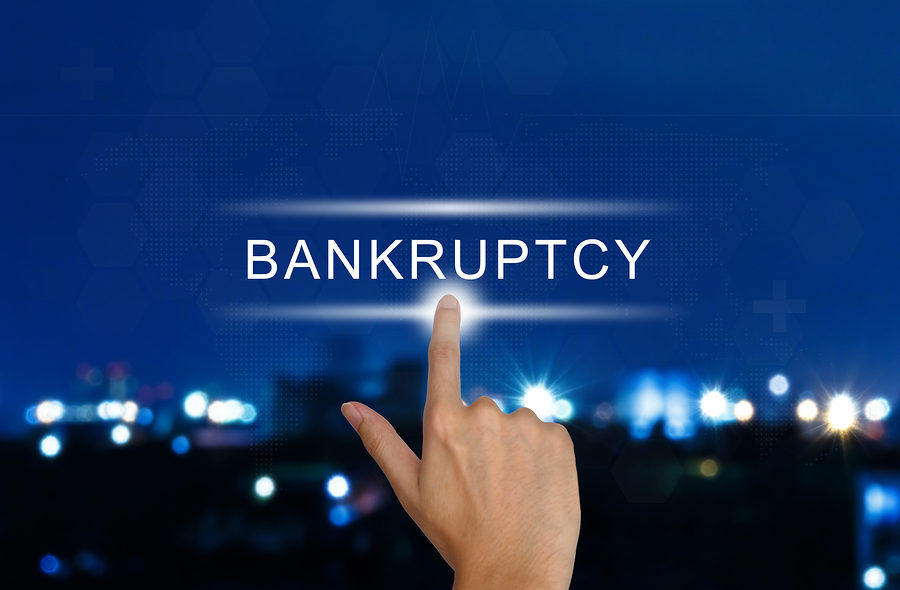The thought of filing for bankruptcy can conjure up all kinds of emotions. For many, all they know of bankruptcy is what they have heard from others or seen on television advertisements. However, the following information can be helpful in terms of understanding the ins and outs of consumer bankruptcy.
Types of Consumer Bankruptcy.
If a consumer is considering filing for bankruptcy, he or she has two options available. These options are based on the specific chapters within the U.S. Bankruptcy Code. The first option is called Chapter 7 bankruptcy, often referred to as a liquidation bankruptcy. A Chapter 7 case tends to take only several months to complete and involve the filer working with the bankruptcy trustee to sell nonexempt assets and pay off qualifying debts. At the end of the case, the remaining consumer debts held by the filer are discharged. However, to qualify for filing for Chapter 7 bankruptcy, the filer needs to be below a certain income threshold per the bankruptcy court’s means test.
The other option is Chapter 13 bankruptcy, which takes three-to-five years to complete and involves the filer working with the bankruptcy trustee to complete a structured repayment plan on the consumer’s debts. Chapter 13 cases, since they take longer, do cost more in terms of legal fees.
The Benefit of Filing
By the time a consumer reaches the point of filing for bankruptcy, he or she is likely already financially struggling and is fielding multiple collection calls from creditors daily. Additionally, the consumer has likely already defaulted on many financial obligations, and, as a result, his or her credit score has taken a significant hit. By taking the first step to filing for bankruptcy, the consumer will be saving his or her financial future. Bankruptcy cases impact a consumer’s credit score, but no more than a default or missed payments, and the credit score can be rebuilt with good financial habits.
A bankruptcy case can also give the consumer a fresh financial start with the discharge at the end of the case, wiping out the person’s credit card balances and outstanding unsecured debts. At the start of the case, the consumer will receive the benefit of the automatic stay which will put an immediate pause on all collection efforts against him or her, meaning those collection calls will temporarily stop.
Please click here to read more.
If you have questions on this topic or are in financial crisis and considering filing for bankruptcy, contact an experienced Miami bankruptcy attorney who can advise you of all of your options. As an experienced CPA as well as a proven bankruptcy lawyer, Timothy Kingcade knows how to help clients take full advantage of the bankruptcy laws to protect their assets and get successful results. Since 1996 Kingcade Garcia McMaken has been helping people from all walks of life build a better tomorrow. Our attorneys’ help thousands of people every year take advantage of their rights under bankruptcy protection to restart, rebuild and recover. The day you hire our firm, we will contact your creditors to stop the harassment. You can also find useful consumer information on the Kingcade Garcia McMaken website at www.miamibankruptcy.com.


